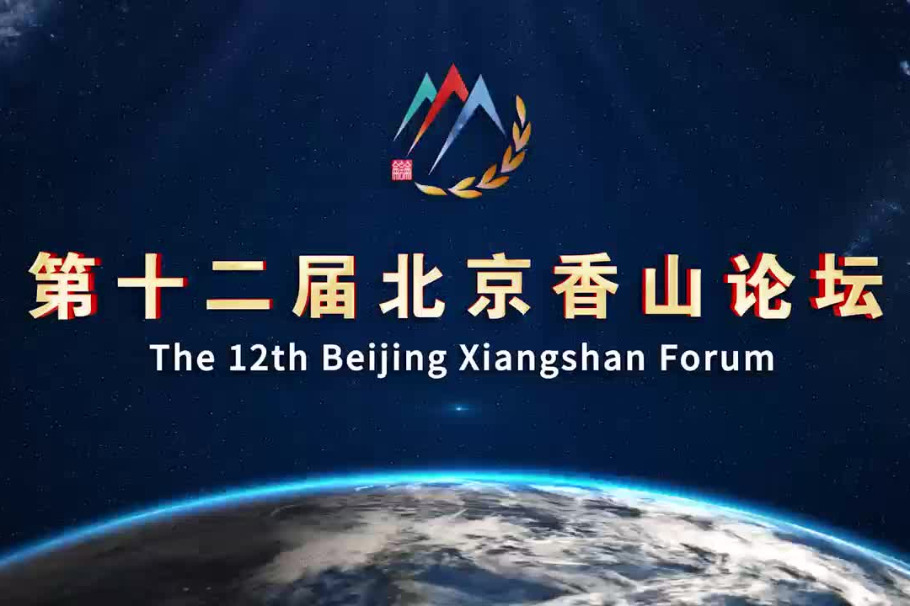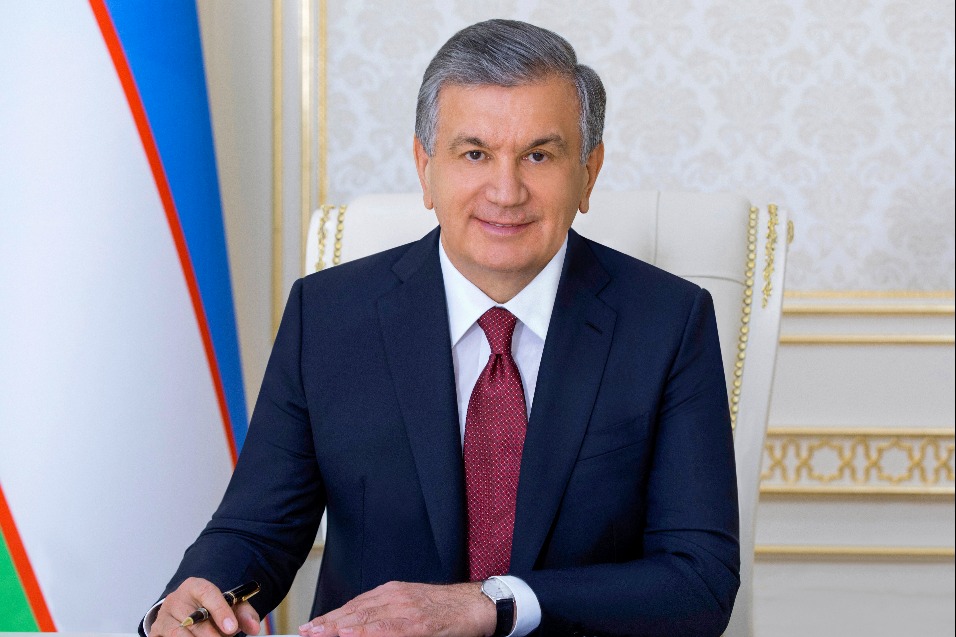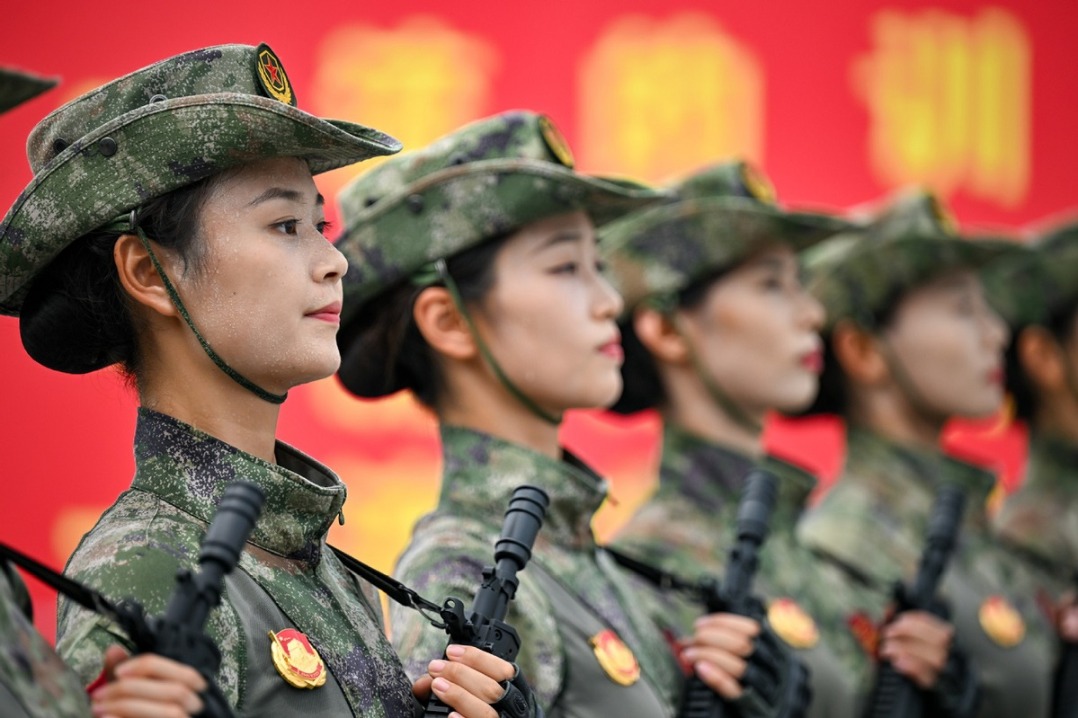China, Russia navigate in Arctic cooperation


The opportunities for Sino-Russian cooperation in the Arctic region are significant in several areas. The Arctic is home to vast, untapped reserves of oil, natural gas and minerals. China, with its growing energy demand, is keen to secure a stable supply of these resources, including from the Arctic — even though Russia, which lacks capital and technology for large-scale oil and gas extraction, also stands to benefit from Chinese investment and technological support.
The melting of Arctic ice due to climate change has made the Northern Sea Route more accessible, which could significantly shorten the shipping distance between Asia and Europe, while reducing the time and investment for global trade. Russia, which controls this route, sees the Arctic as a good opportunity to boost its economic development. As for China, it views the Northern Sea Route as an essential component of its Belt and Road Initiative, particularly the 21st Century Maritime Silk Road.
But despite the potential benefits, there are several challenges and uncertainties that make the long-term success of Sino-Russian cooperation in the Arctic difficult to predict. From a geopolitical perspective, the United States and its allies are likely to view Sino-Russian cooperation in the Arctic with suspicion, potentially leading to increased strategic competition in the region.
Some NATO member states could even impose sanctions on or take diplomatic actions against China and Russia to disrupt their collaboration in the Arctic, especially if they perceive the moves made by China and Russia as a "threat "to the existing balance of power in the Arctic region. For example, following the outbreak of the Russia-Ukraine conflict in 2022, Finland and Sweden changed their longstanding military non-alignment policy, eventually joining NATO in April 2023 and March 2024, respectively.
Besides, US troops stationed in Alaska are advancing to become the US military's "Arctic force", and holding joint exercises with countries like Norway, Canada, Finland and Sweden.
While China and Russia have quite a few common interests in the Arctic, their relations face certain historical and strategic challenges, which could limit the scope and depth of their cooperation. Among the other challenges the China-Russia partnership faces are building the necessary infrastructure for the Northern Sea Route, and extracting resources in harsh Arctic conditions, including extreme cold and extensive ice cover. These tasks are not only very difficult but also very expensive.
Also, the fluctuating global energy market could affect the feasibility and profitability of such ventures. The stalling of Russia's Arctic LNG 2 project is among the economic fallouts of the Ukraine crisis. Moscow's enthusiasm for developing the Northern Sea Route is largely driven by a pressing need to offset the economic impact of Western sanctions. The Northern Sea Route offers Russia a strategic alternative to traditional maritime routes that are more vulnerable to sanctions and geopolitical pressures.
For Russia, the Northern Sea Route represents a means of sustaining and expanding its economic ties with Asia, particularly China, while reinforcing its sovereignty and control over the resource-rich Arctic region.
However, China sees the Northern Sea Route as a valuable alternative to the traditional shipping routes like the Suez Canal, but not an essential one. China's broader strategy involves securing multiple trade routes and diversifying its energy supplies to reduce dependency on any single route. Therefore, despite being interested in the Northern Sea Route, China is not as heavily invested in its development as Russia.
Besides, Chinese companies involved in the Northern Sea Route face significant risks due to ongoing geopolitical tensions between Russia and the West.
As such, China must balance its interest in the Northern Sea Route with the broader implications of its actions in the Arctic. While the Northern Sea Route offers potential economic benefits, these must be weighed against the risks of Chinese enterprises becoming entangled in the geopolitical rivalry between Russia and the West. Consequently, China's approach to the Northern Sea Route is likely to remain cautious, focusing on opportunities that align with its broader strategic goals while avoiding actions that could invite Western retaliation.
In addition, while China has made significant strides in technology, it lacks the capability to operate effectively in the Arctic. Russia, too, faces limitations in terms of technology, particularly in offshore drilling. Overcoming these hurdles will require substantial investment and time — even then the success of these ventures is not guaranteed.
However, this also presents an opportunity for both countries to engage in joint technological innovation, particularly in areas such as ice-resistant infrastructure, advanced navigation systems, and sustainable resource extraction techniques.
Environmental concerns, too, loom large on Sino-Russian cooperation in the Arctic. Spills or accidents could have catastrophic consequences, leading to international condemnation and potentially stringent regulations. Environmental concerns may also prompt indigenous communities and global environmental organizations to oppose the exploration of the Arctic.
The success of this cooperation will largely depend on how both countries navigate these complex challenges while balancing their national interests with the broader geopolitical dynamics of the Arctic.
Another challenge lies in the legal realm. The Arctic is governed by a complex web of international laws and agreements, most notably the United Nations Convention on the Law of the Sea. As China and Russia expand their activities in the region, they may encounter legal issues with Arctic nations over resource rights and shipping lanes. The ability of China and Russia to navigate these legal frameworks, while securing their interests, will be crucial to the long-term success of their cooperation.
The success of Sino-Russian cooperation in the Arctic will largely depend on how both countries navigate these complex challenges while balancing their national interests with the broader geopolitical dynamics of the Arctic region.
The author is the executive director of Institute for China-America Studies, and a senior fellow at Beijing Club for International Dialogue.
The views don't necessarily reflect those of China Daily.
If you have a specific expertise, or would like to share your thought about our stories, then send us your writings at opinion@chinadaily.com.cn, and comment@chinadaily.com.cn.

































